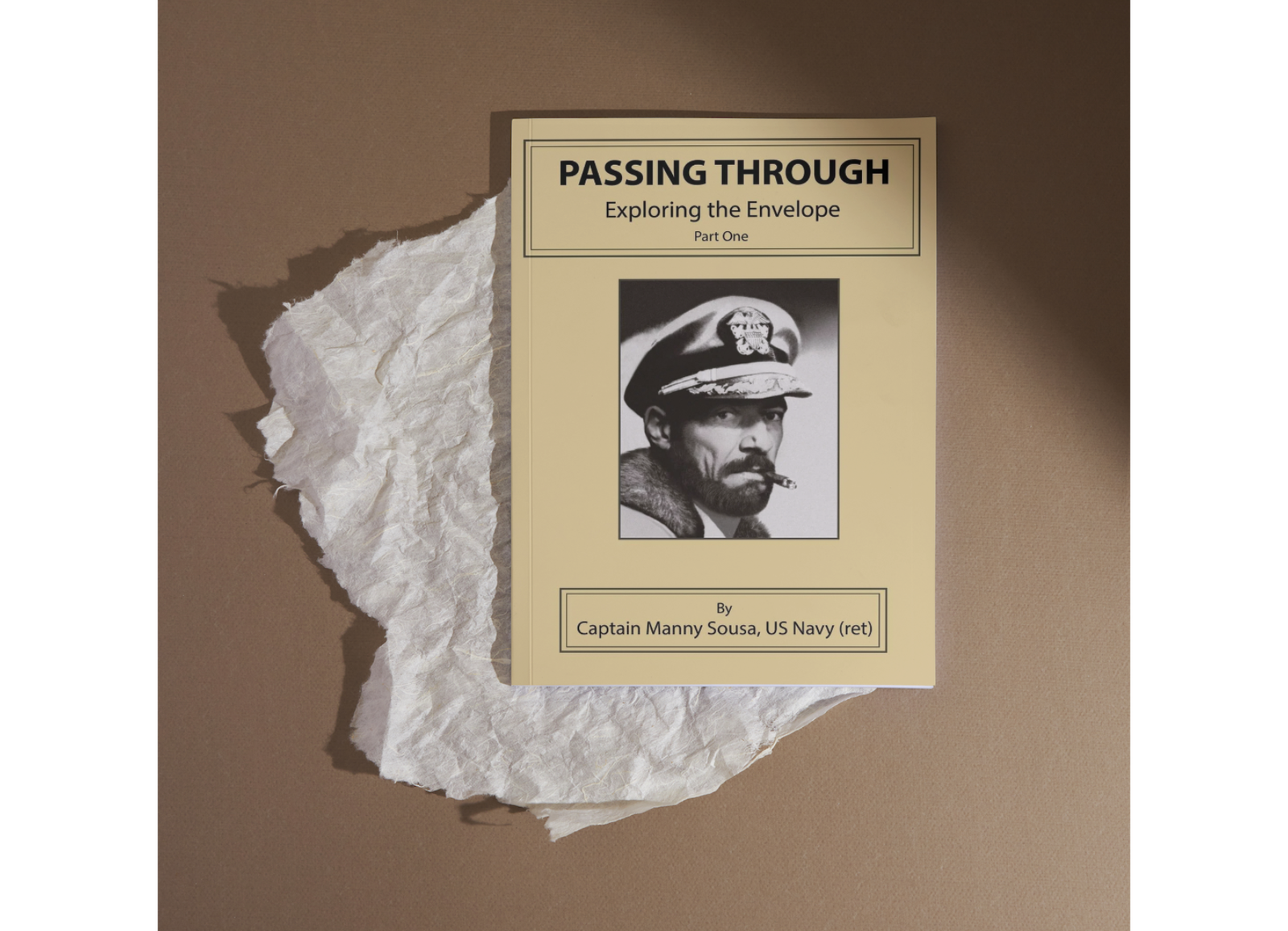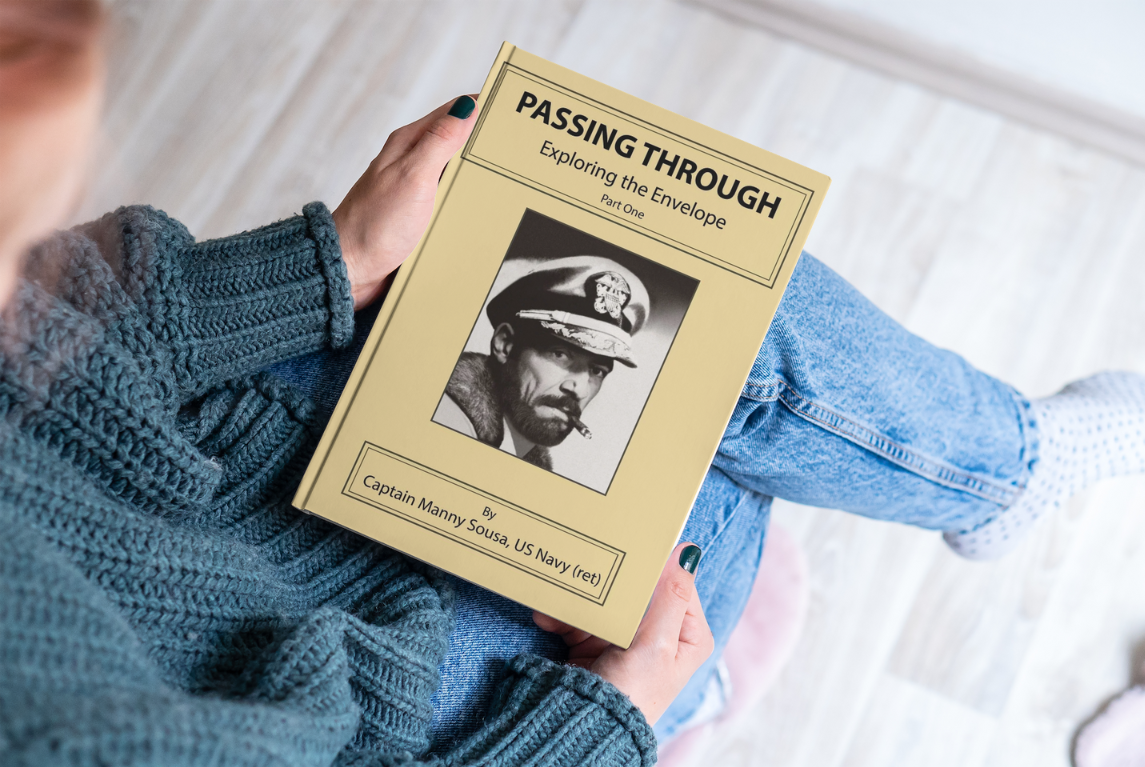Summary

Article Name
Passing Through: Exploring the Envelope
DescriptionThe first part of Captain Manny Sousa’s autobiography offers a unique and captivating journey through the life of a distinguished military officer. The book covers Captain Sousa’s life from 1932 to 1971, including his experiences during the Vietnam War. The narrative is facilitated by a 2027 interview conducted by Captain Sousa’s son, Michael, making it unique and a deviation from a traditional first-person narration.
Author
Manny Sousa

